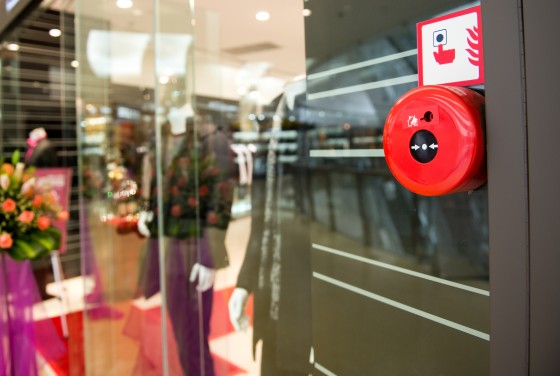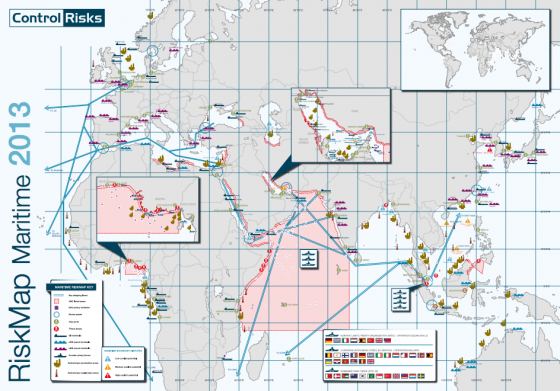 The following is an excerpt from the RIMS executive report “Terrorism Risk Insurance Act: The Commercial Consumer’s Perspective.” The report is available for download here.
The following is an excerpt from the RIMS executive report “Terrorism Risk Insurance Act: The Commercial Consumer’s Perspective.” The report is available for download here.
Much of the skepticism surrounding the need for the Terrorism Risk Insurance Act (TRIA) stems from negative perceptions of the government bailouts handed out to various financial institutions in 2008-2009 and the view that TRIA is a similar bailout for the insurance companies; TRIA, however, differs significantly in that the government’s role in TRIA is to act as a reinsurer, and not as a major creditor as was the case with the financial institution bailouts.
Reinsurance is a risk management tool that allows the primary insurer to shift certain risks to the reinsurer to reduce volatility, allow coverage of large risks and to free up capacity for the insurer. With TRIA the government is essentially acting as reinsurer. The government assumes some of the market terrorism risk and agrees to pay a portion of the losses over the $100 million threshold discussed earlier. The ability of the private market to shift some of the risks to the government in the event of a loss frees up capacity for the insurers, which is then made available to the consumer. Without the government acting in a reinsurance capacity, the private market would be forced to assume the entire risk, which would likely lead to little or no capacity at higher prices, particular in high risk areas.
It is important to note that the program only costs the government money in the event that the $100 million + 20% deductible threshold is reached. If losses remain below this level in any given year, then the private market is responsible for the entirety of those losses. Since TRIA’s enactment in 2002 the government has not made any expenditures outside of minimal administrative costs associated with setting up the program.
If the $100 million + 20% deductible threshold is reached, and the government begins to pay its share of losses, there is a mechanism in place for the government to recoup those expenditures. In the years following the federal sharing of losses, but prior to September 30, 2017, the Secretary of the Treasury is required to institute a surcharge on insurers to recoup 133% of the claims paid by the government. This mandatory recoupment does not apply if the insurance industry’s aggregate uncompensated losses exceed $27.5 billion; however, the Treasury Secretary does retain the authority to apply a surcharge at his/her discretion.




